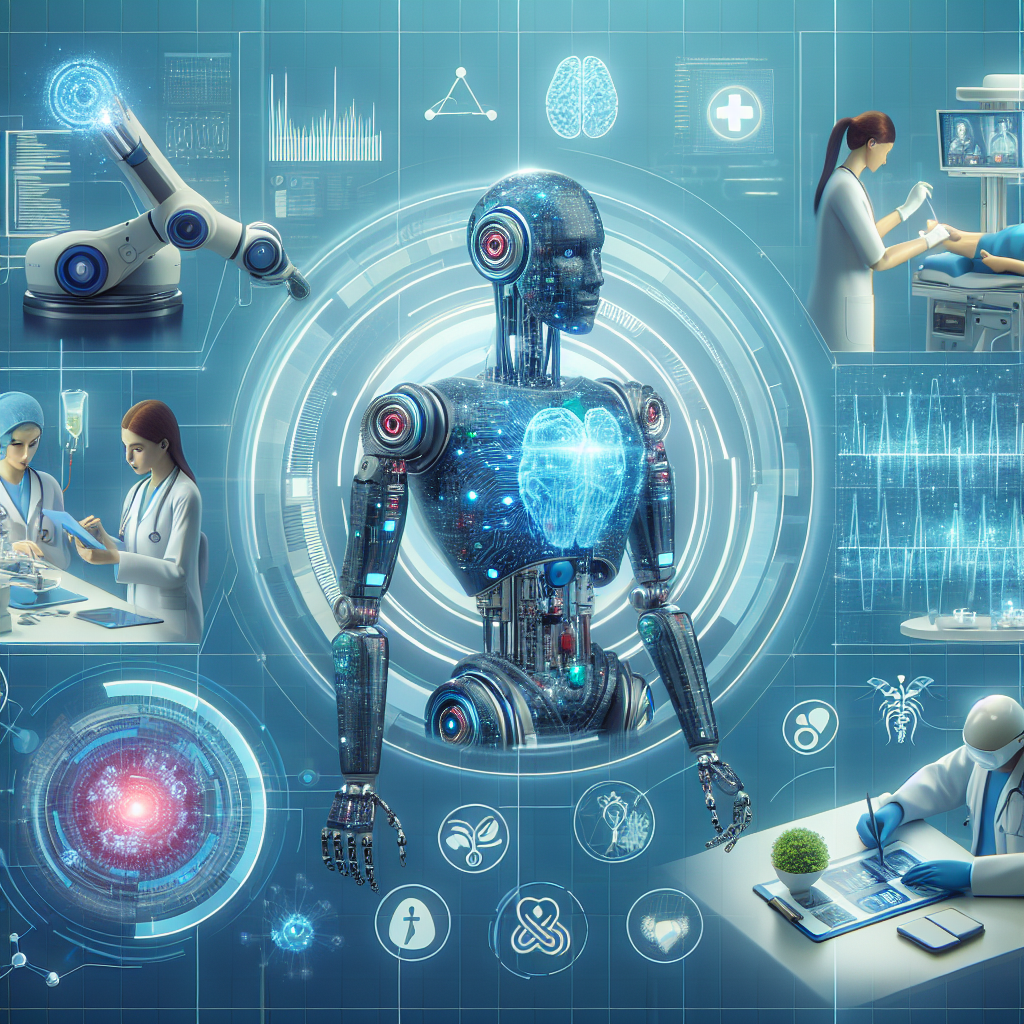Artificial General Intelligence (AGI) has the potential to revolutionize the healthcare industry by transforming patient care and research. AGI refers to the ability of a machine to perform any intellectual task that a human can do. In the context of healthcare, AGI can be used to analyze vast amounts of data, make predictions, and assist healthcare professionals in diagnosing and treating patients.
One of the key advantages of AGI in healthcare is its ability to process and analyze large datasets quickly and accurately. This can help healthcare providers make more informed decisions, leading to better patient outcomes. AGI can also help identify patterns and trends in patient data that may not be apparent to human healthcare professionals, leading to earlier detection of diseases and more personalized treatment plans.
In addition to improving patient care, AGI can also revolutionize medical research. By analyzing large datasets of patient information, AGI can help researchers identify potential new treatments and therapies for diseases. AGI can also assist in drug discovery by predicting the effectiveness of new compounds and identifying potential side effects.
AGI can also be used to improve the efficiency of healthcare systems by automating routine tasks, such as scheduling appointments and managing electronic health records. This can free up healthcare professionals to focus on more complex tasks, such as patient care and research.
Overall, the potential benefits of AGI in healthcare are vast. However, there are also challenges and concerns that must be addressed. For example, there are concerns about the ethical implications of using AGI in healthcare, such as patient privacy and data security. There are also concerns about the potential for bias in AGI algorithms, which could lead to disparities in healthcare outcomes.
Despite these challenges, the potential of AGI in healthcare is undeniable. As technology continues to advance, it is likely that AGI will play an increasingly important role in transforming patient care and research. By harnessing the power of AGI, healthcare providers can improve patient outcomes, accelerate medical research, and ultimately save lives.
FAQs
Q: What is AGI?
A: AGI refers to the ability of a machine to perform any intellectual task that a human can do. In the context of healthcare, AGI can be used to analyze data, make predictions, and assist healthcare professionals in diagnosing and treating patients.
Q: How can AGI improve patient care?
A: AGI can improve patient care by analyzing large datasets quickly and accurately, identifying patterns and trends in patient data, and helping healthcare providers make more informed decisions.
Q: What are the challenges of using AGI in healthcare?
A: Some of the challenges of using AGI in healthcare include concerns about ethics, patient privacy, data security, and bias in algorithms.
Q: How can AGI be used in medical research?
A: AGI can be used in medical research to analyze large datasets of patient information, identify potential new treatments and therapies for diseases, and assist in drug discovery.
Q: What is the future of AGI in healthcare?
A: The future of AGI in healthcare is bright, with the potential to revolutionize patient care and medical research. As technology continues to advance, AGI is likely to play an increasingly important role in transforming the healthcare industry.

